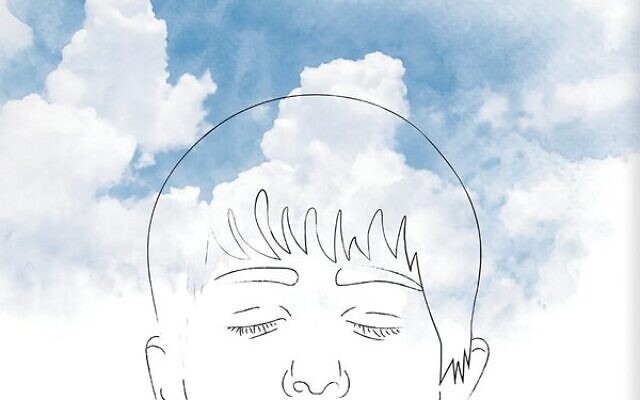Helping kids deal with trauma
"In this reality, we're exposed to triggers: These stimuli that remind us of real danger, and make us react like the danger itself is present,"
(Kveller with Times of Israel) – Lilach Kipnis, a social worker who worked with Israeli children living near the Gaza border, was originally believed to be one of the 240 people being held hostage by Hamas.
Nine of Lilach’s family members were thought missing alongside her and her husband Eviatar, whose remains were later identified. On October 23, the family learned that Lilach was also declared dead.
Her sons, however, had already taken it upon themselves to share Lilach’s book, which for years has helped children deal with the traumatic reality of constant sirens and running to shelters that’s been part of their lives long before this most recent Hamas attack.
In 2021, Lilach wrote a book titled Shirat HaTrigger, roughly translated to The Trigger’s Poem, for the children who experience “life in a constant state of emergency”, as she wrote in the book’s foreword.
Now, with much of Israel in a constant state of emergency, her sons have made the book available online for every family that may need it.
“In this reality, we’re exposed to triggers: These stimuli that remind us of real danger, and make us react like the danger itself is present,” Lilach explains in the opening of the book. “The trigger creates a reflexive physical reaction that sometimes passes right away when we understand it’s not really a danger, but sometimes can take us out of balance physically, emotionally, and functionally for a long time.”
She shows these triggers in the book – the slamming of a door, the sound of thunder, fireworks, a loud truck – and what children can do to deal with them.
Lilach wanted parents to know that these triggers are normal and good – and that they shouldn’t dismiss them by saying “everything is okay” or “you’ve got nothing to worry about.” Instead, she helps children distinguish between a state of fright and a state of danger, and to find a release from that triggered state – through breathing exercises, movement, a hug or play.
“In these days, the book can help … I know that my mum certainly would’ve wanted me to share it now,” Yotam, her eldest son, told Channel 13 News in Israel. “As a child who grew up in the Gaza envelope, and even before the terrible days we’re going through now, I jump at every sound from a motorbike or a slamming door. I hope this gets to as many parents who can use the book, read it to their kids … and maybe find some comfort,” he added.
In the last page of her book, despite experiencing decades of missile fire, Lilach shares a hopeful message: “One day will come” she writes, when we all “sit together and remember, how once upon a time, everything was scary, and now all is normal, a difficult time, but it has passed and now there’s finally a routine”


comments